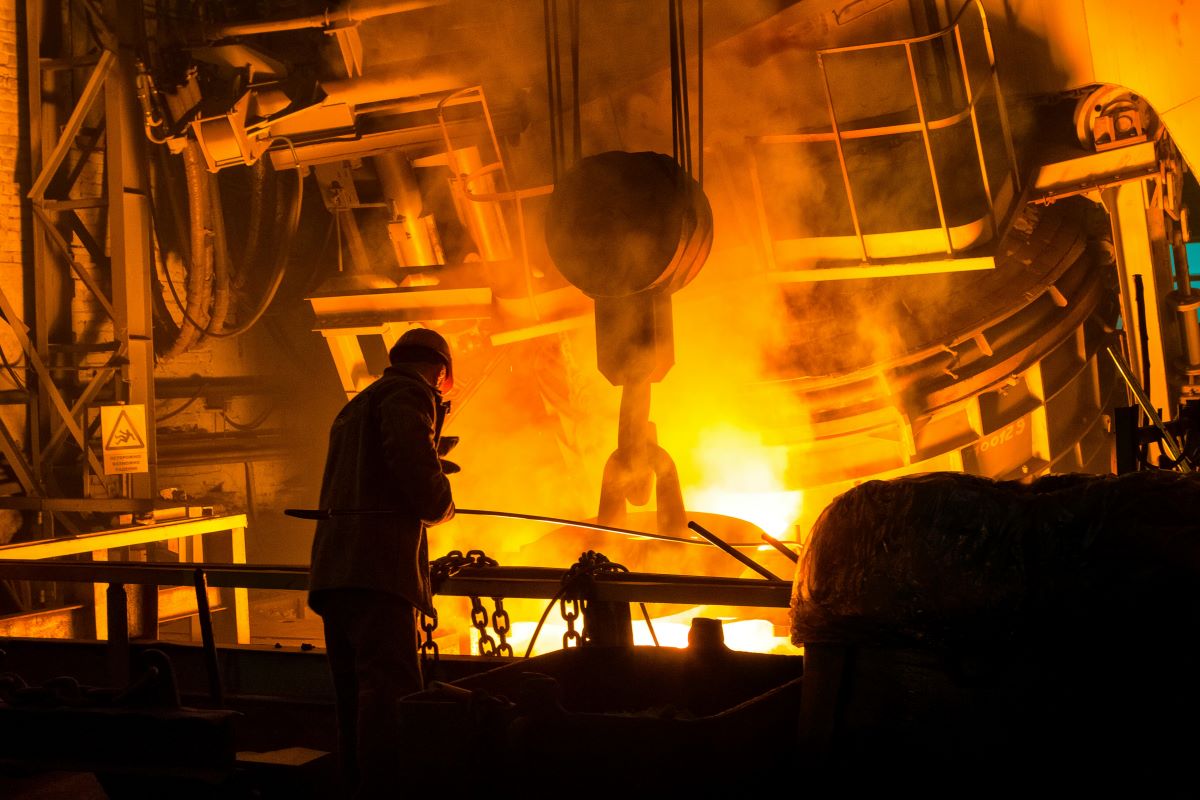The new Labour government strives to secure a better deal for Tata Steel workers at Port Talbot, aiming to balance job preservation with green industrial transformation. Here’s the full story.
Better Deal for Workers

The new Labour government, led by Keir Starmer, has expressed its determination to secure a better deal for the workers at the Port Talbot steelworks. This move follows the former Conservative government’s previously agreed £500 million rescue package. However, this rescue package would have led to significant job cuts.
Job Security and Environment
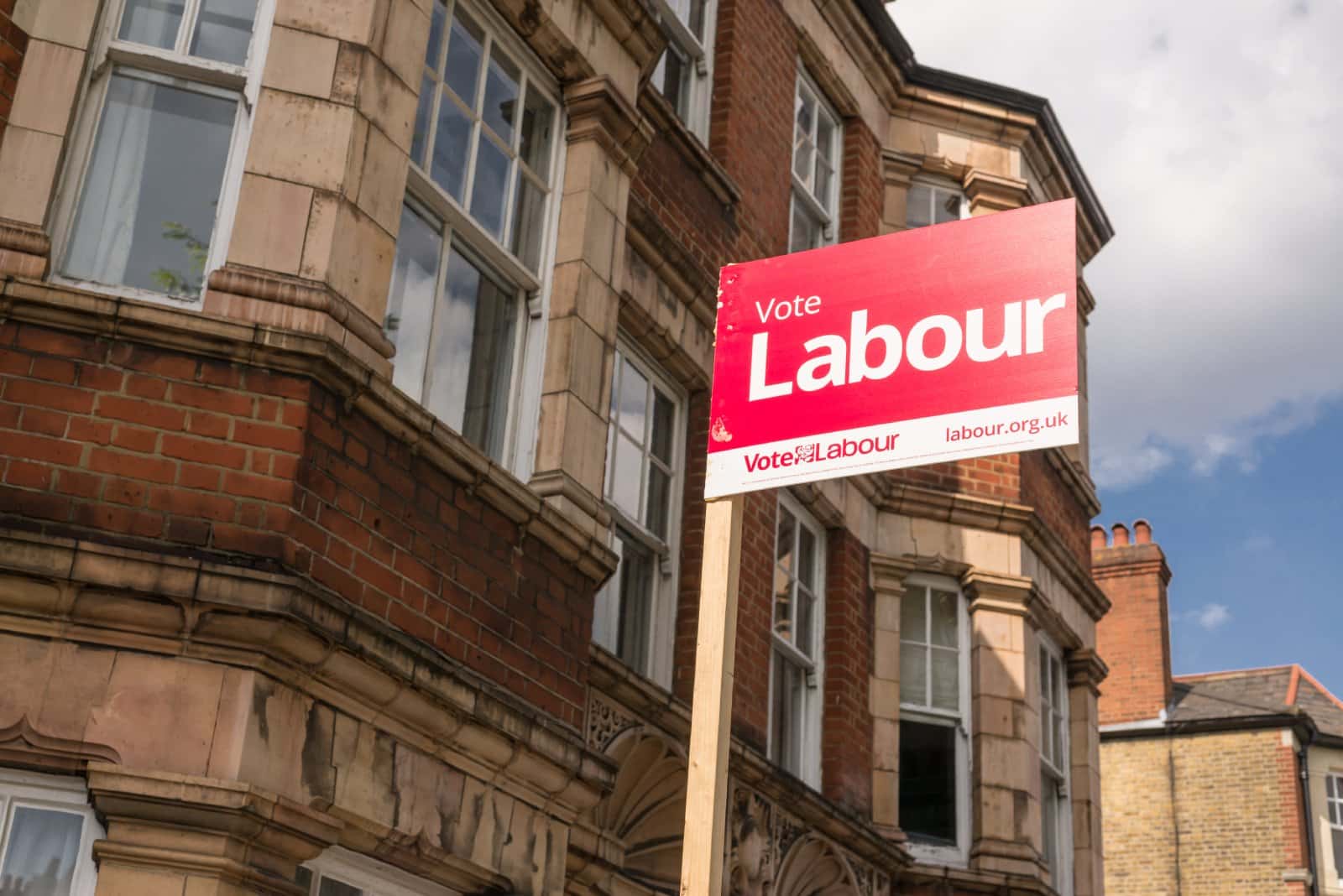
Labour’s initiative aims to renegotiate terms that prioritise job security while also transitioning to more environmentally friendly methods of steel production. Key figures in both the UK and Welsh governments are leading the efforts to keep with Labour’s stated aim of bringing in a new age of devolution.
Previous Conservative Deal
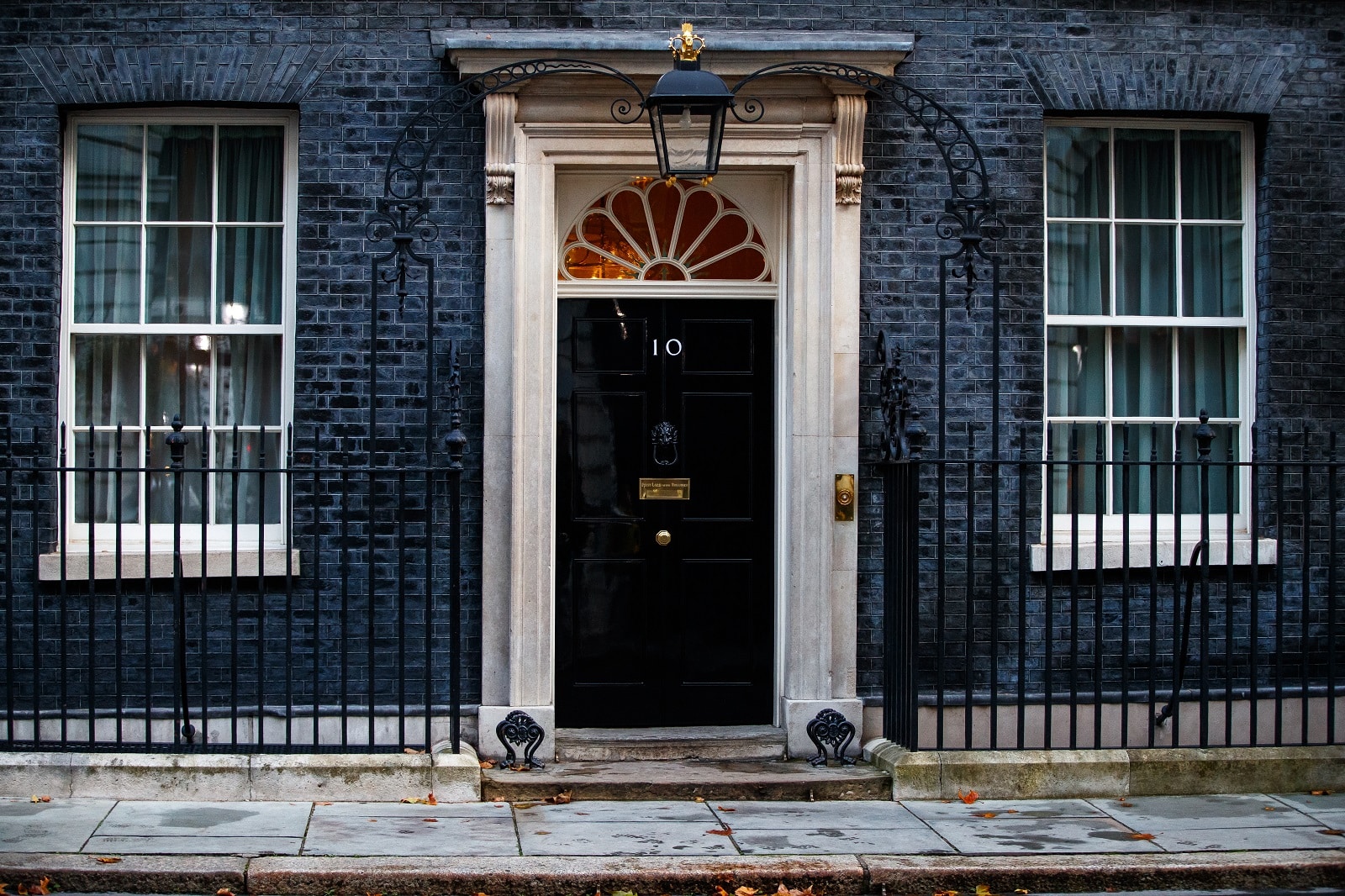
Under the previous Conservative government, a deal was struck to provide Tata Steel with a £500 million taxpayer-funded support package. This package was intended to assist Tata Steel in shifting to more environmentally friendly production processes, specifically by constructing an electric arc furnace.
Criticism of Job Losses

However, the deal also entailed the loss of up to 2,800 jobs, a condition that has drawn significant criticism from unions and local politicians alike. The agreement was a necessary step to address financial losses and sustainability issues. Still, it was criticised for its devastating effect on the local economy and workforce.
“Make the Impossible Possible”

Sir Chris Bryant, MP for Rhondda and Ogmore, voiced optimism that a revised deal could be reached to safeguard jobs, stating, “We need to make sure that Tata don’t make any sudden moves that make it impossible for us to unpick what was a very bad deal – that was originally agreed by the Conservative government. The job of politicians is to try to make the impossible possible and that’s exactly what we’re going to try and do here.”
Collaboration Between Governments

He added, “Every sinew will be strained to try and make sure that we work as a single government, Welsh government working with Westminster government, to try and deliver the best possible jobs, to preserve so many jobs, because it’s not just about the people who work for Tata Steel. It’s also about the whole economy in that region.”
Job Guarantees Integral

Jonathan Reynolds, the new Business Secretary, indicated that job guarantees would be integral to any new agreement with Tata Steel. He revealed that he and Prime Minister Sir Keir Starmer had already engaged in discussions with Tata Steel executives.
£3 Billion “Green Steel” Fund
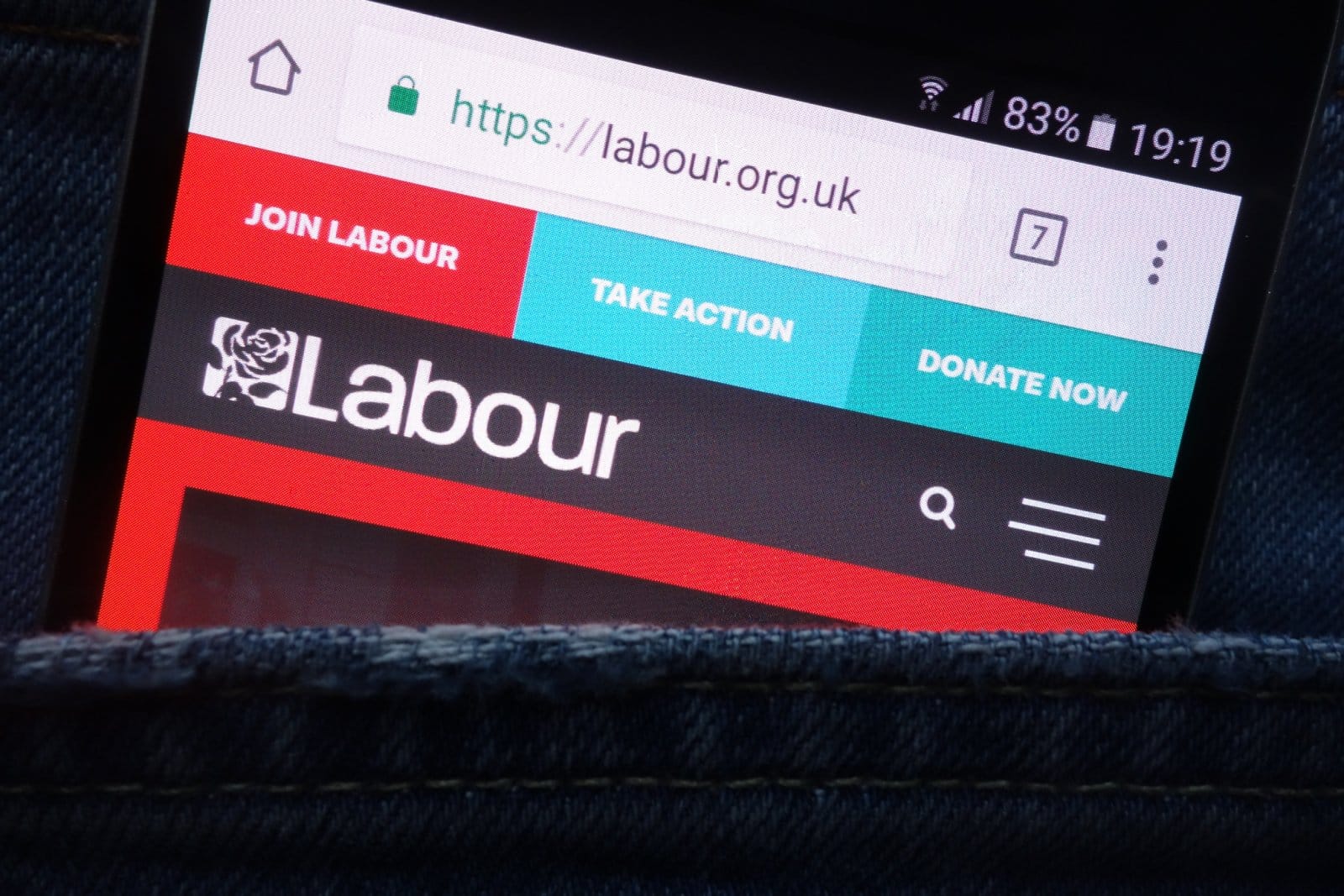
The Labour government has pledged a £3 billion “green steel” fund to support the entire steel industry’s transition to greener technologies. This fund would allow the government to demand Tata Steel’s planned modernisation. On BBC’s Sunday with Laura Kuenssberg, Reynolds stated, “There is a better deal available.”
Tata Steel’s Positive Response

Tata Steel has responded positively to the Labour government’s election victory, expressing eagerness to work with the new ministers. Rajesh Nair, head of Tata Steel UK, reiterated the company’s commitment to green steel production, stating, “We will be engaging with new ministers over our ambitious plans to invest in and transform Port Talbot with electric arc furnace steelmaking.”
Opposition From Unions
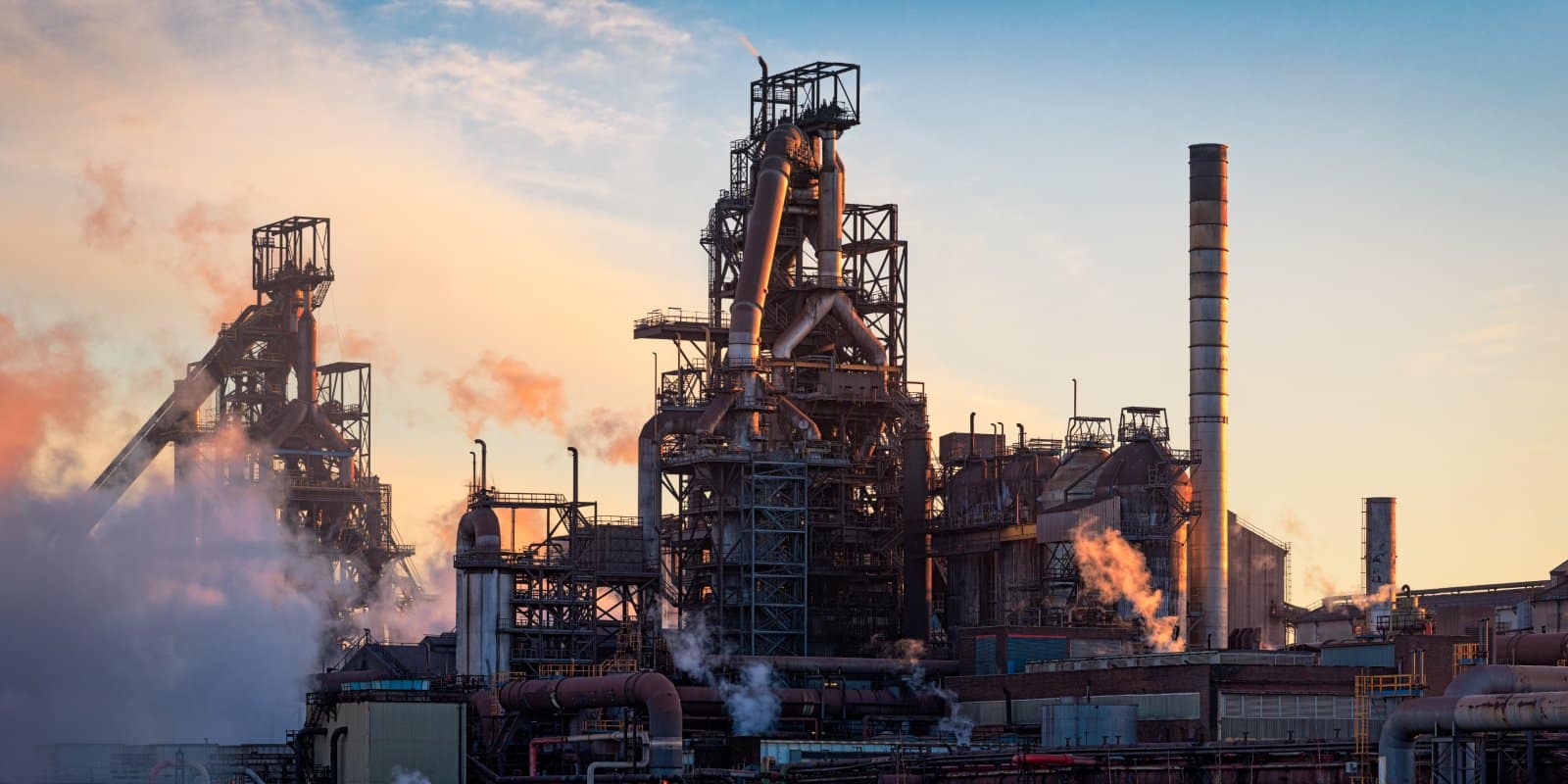
Despite this, Tata has remained firm regarding the closure of the blast furnaces, citing financial and operational infeasibility. However, unions have strongly opposed these claims, arguing that Tata, as one of the most valuable companies in the world, is not facing ruin by safeguarding the steel workers’ jobs.
“Crushing Blow” and Strike
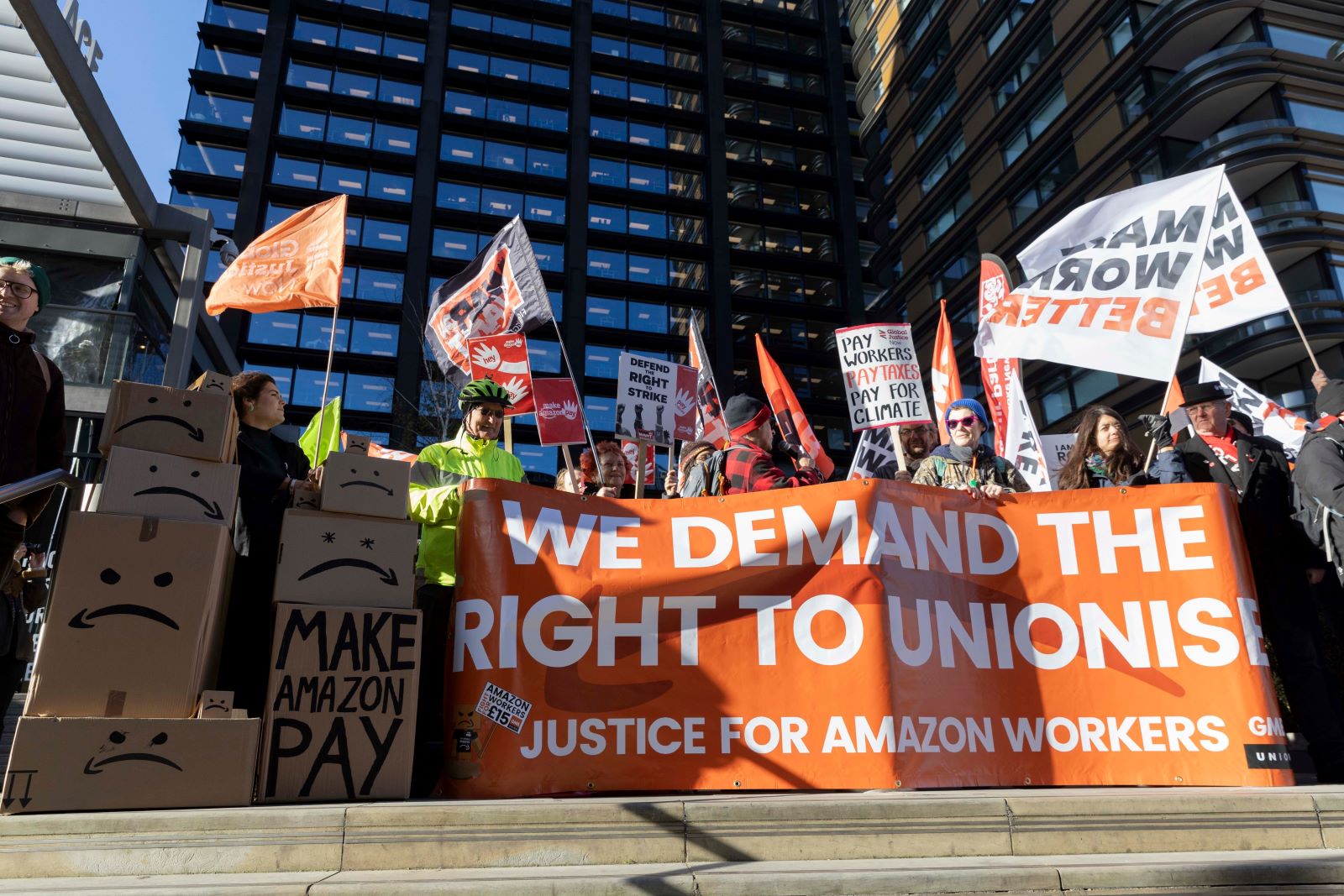
Unions have labelled the initial transformation blueprint a “crushing blow” and a “worst-case scenario.” The Unite union’s planned strike on July 8 was called off after Tata threatened to shut down both furnaces due to safety concerns related to a staff walkout.
Unions Seek Mitigation

Since January, the unions have been actively involved in talks with Tata, seeking to mitigate the impact on the workforce while supporting the transition to greener production methods.
Regional Economic Impact
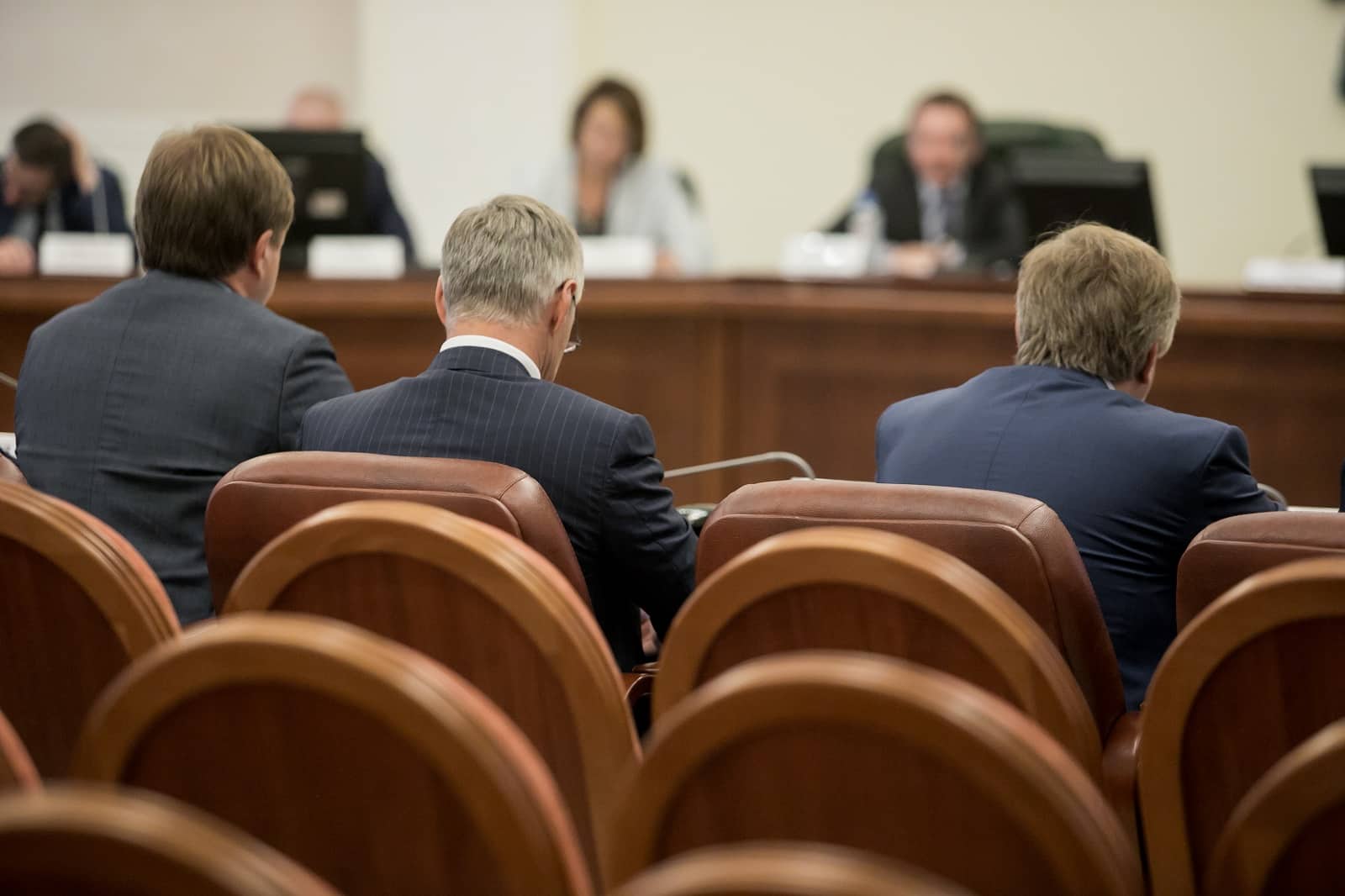
The steelworks at Port Talbot are not just a local employer but a crucial part of the regional economy. The potential job losses have raised concerns about the broader economic implications for South Wales.
Proactive Labour Stance
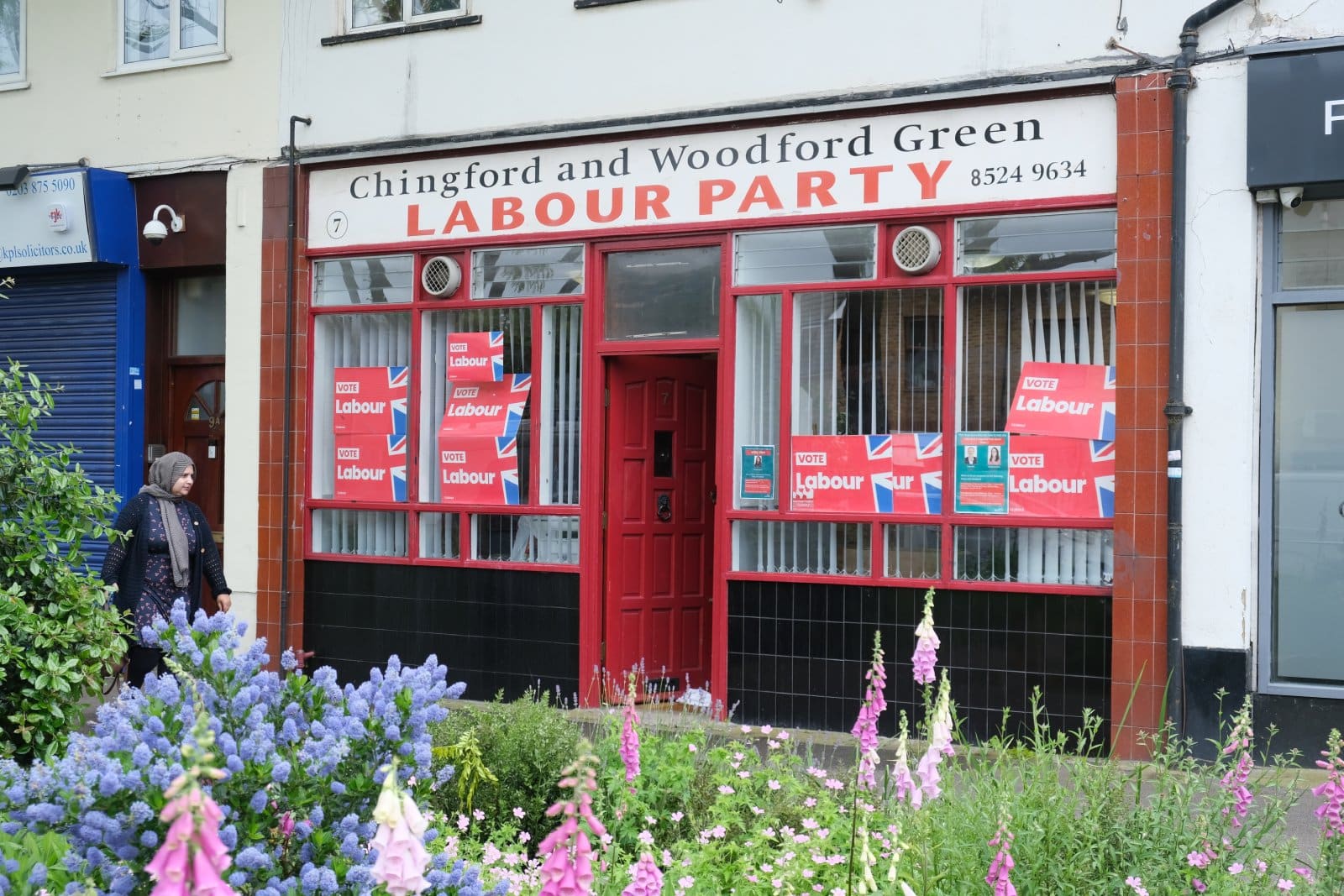
The Labour government’s proactive stance signals a shift towards more worker-focused policies in the industrial sector. The government hopes to create a more sustainable and secure future for the steel industry by prioritising job guarantees and increased funding for green technologies. As negotiations continue, the focus remains on achieving a balance supporting economic and environmental goals.
Uncertain Outcome
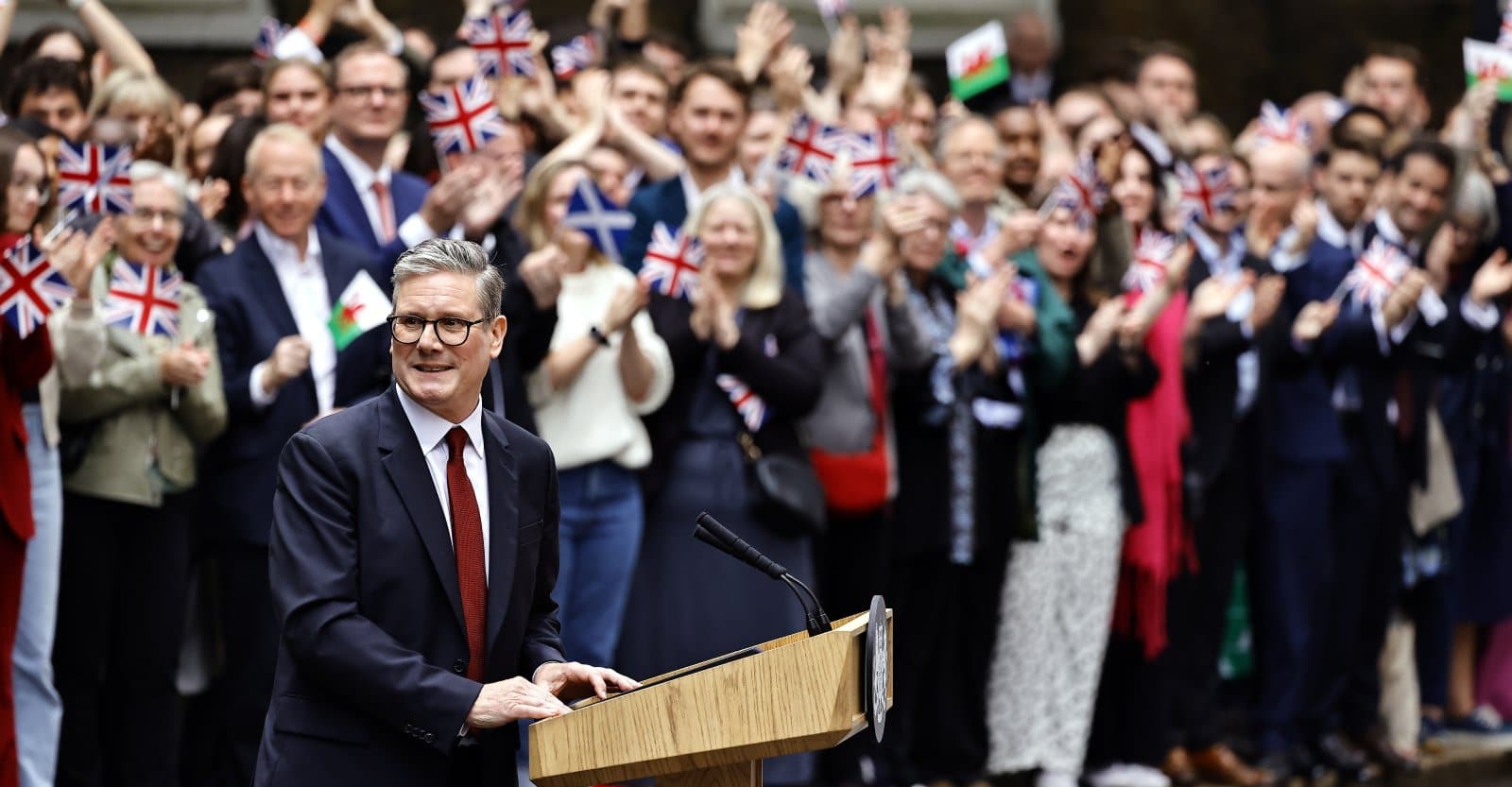
However, it remains to be seen whether the Labour government’s efforts to renegotiate the deal with Tata Steel will ultimately be successful in making the production of British steel more sustainable while also protecting jobs.
Featured Image Credit: Pexels / Kateryna Babaieva.

